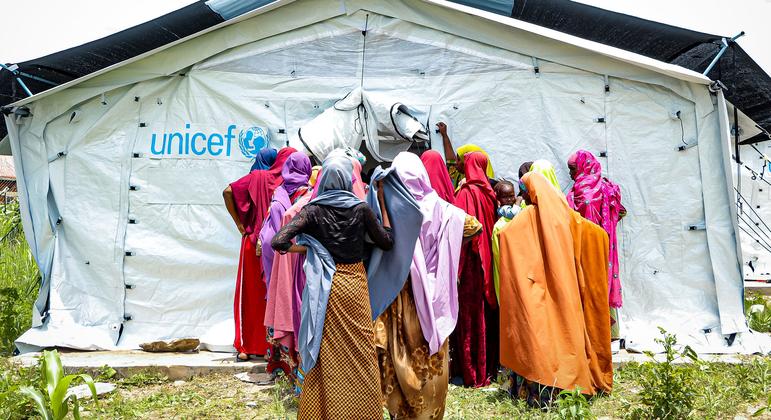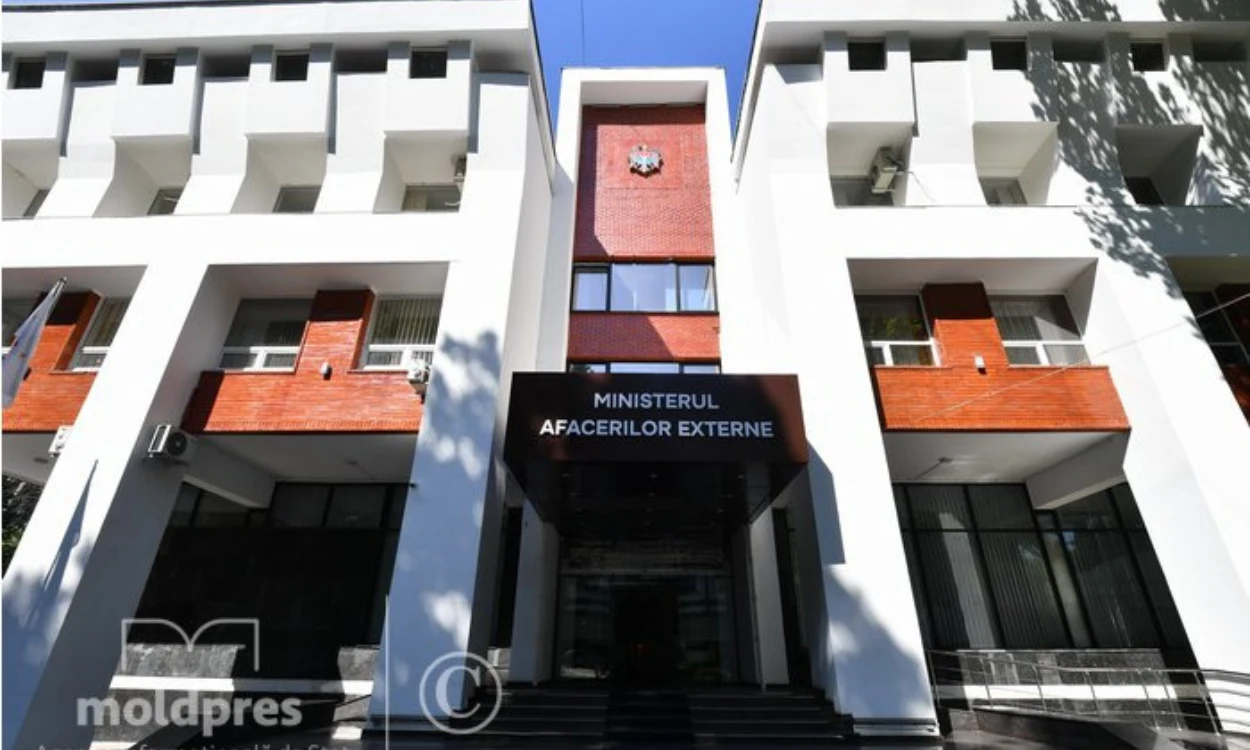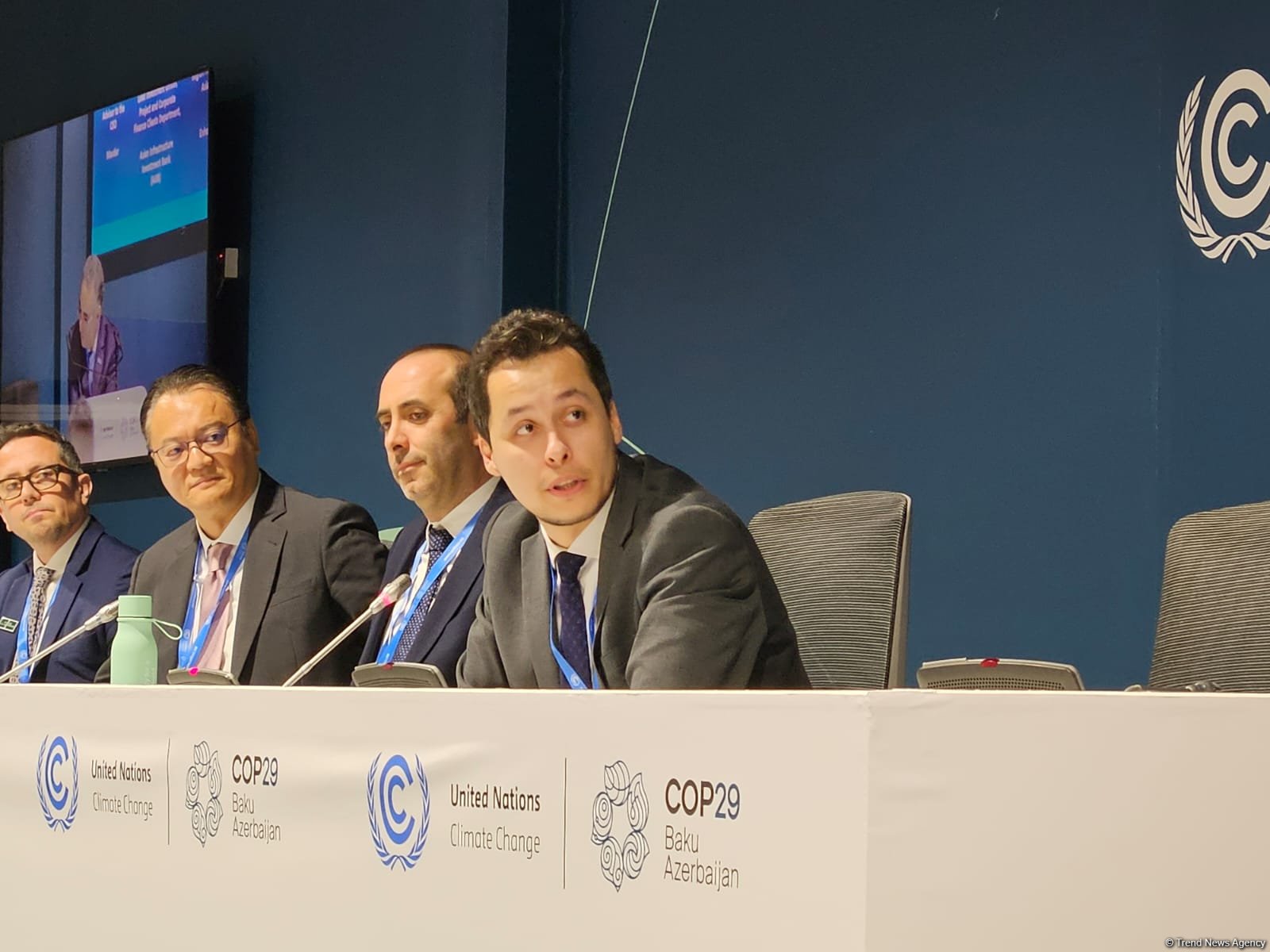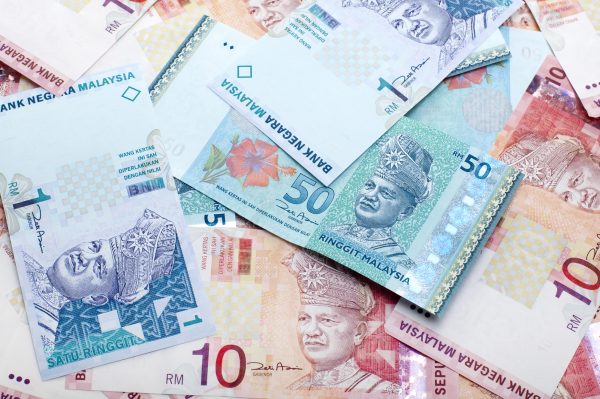Serbia is trying to block Kosovo’s membership in the Council of Europe (CoE), putting in doubt an EU-brokered deal amid heightened tension in the region.
Belgrade voted against Kosovo’s bid in the Council’s committee of ministers in Strasbourg on Monday ( 24 April).
Cyprus, Greece, Hungary, Romania and Spain, which don’t recognise Kosovo, also voted no.
But a two-thirds majority (33 out of 45) pushed the application to the next step anyway — a majority vote by the Council’s parliamentary assembly, for which no date has yet been set.
The Serbian no-vote looks like a direct violation of an EU-sponsored accord on normalising relations, sealed in marathon talks with EU foreign relations chief Josep Borrell in Ohrid, North Macedonia, last month, whose article four says: “Serbia will not object to Kosovo’s membership in any international organisation”.
The Ohrid deal was agreed verbally but not signed.
The EU foreign service, on Tuesday, “took note” of Serbia’s CoE decision, but dismissed the idea that it put the wider deal in jeopardy.
“The agreement is alive because it’s being taken forward,” Borrell’s spokesman said.
Serbian president Aleksandar Vučić is to meet Kosovo prime minister Albin Kurti in Brussels next week to iron out differences, the spokesman added.
The non-signature of the Ohrid deal was irrelevant because Vučić had made a “high-level political commitment” to it, the EU spokesman added.
And further progress toward EU accession, including future EU funding, now depended on its implementation, he said. “It’s a matter of credibility,” he said.
But for his part, Vučić doubled down on the CoE campaign.
In a press conference on Tuesday, he said Serbia would review its recognition of the territorial integrity of countries which abstained (such as Ukraine) or voted in favour (Montenegro) of Kosovo’s membership.
“If someone does not respect our territorial integrity, why should we respect theirs?”, he said.
Kosovo broke away from Serbian control in a bloody war 25 years ago and is now recognised by 101 countries, but Serbia still sees it as one of its provinces.
The CoE row comes after tense local elections inside Kosovo last weekend.
Kosovar Serbs boycotted the vote, leaving ethnic Albanians to win, amid street patrols by Nato troops in majority-Serb areas.
The EU “regretted” the boycott in a statement, while Kurti blamed it on Serbian interference.
“The threatening campaign orchestrated by Belgrade and executed through intimidation, pressure and blackmail by criminal groups … led to a low turnout,” he said.
Vučić said: “I’m afraid that this is a prelude to a much deeper crisis”. He also said he was “expecting nothing” from his meeting with Kurti and Borrell in Brussels next week.
The turbulence comes on top of renewed calls by the Bosnian Serb leader, Milorad Dodik, to split from Bosnia and create a greater Serbia.
“No one will prevent us [Serbs] from uniting because it is our right and our history. The last century was the century of Serbian suffering, and this century is one of Serbian unification,” Dodik said at a WW2 memorial ceremony in Republika Srpska alongside Vučić on Monday.
“Serbs will not survive in these areas if Republika Srpska does not become independent in the coming years,” he added.
Vučić did not comment on unification at the event. The EU spokesman said on Tuesday the situations in Bosnia and Kosovo were “not linked”.





















Discussion about this post